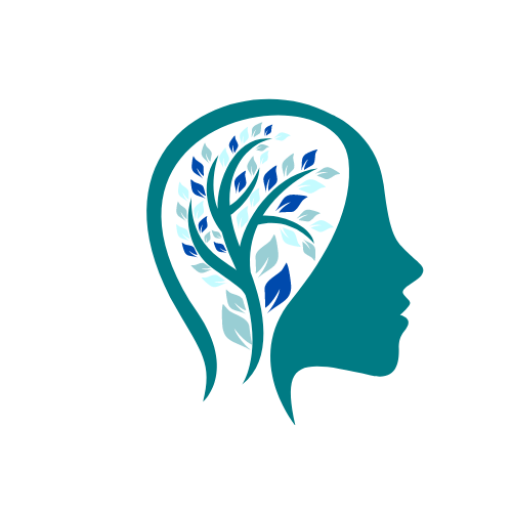Persistent Sadness or Low Mood: Feeling down, sad, or experiencing a general sense of emptiness for most of the day, nearly every day.
Loss of Interest or Pleasure: Losing interest in activities or hobbies that were once enjoyable, and a lack of motivation to engage in previously rewarding experiences.
Changes in Sleep Patterns: Insomnia (difficulty sleeping) or hypersomnia (excessive sleeping), including difficulty falling asleep, staying asleep, or waking up too early.
Changes in Appetite or Weight: Significant changes in appetite, leading to either weight loss or gain. This may be accompanied by a decrease or increase in interest in food.
Fatigue and Low Energy: Feeling constantly tired and having low energy levels, even after getting enough sleep or rest.
Difficulty Concentrating: Struggling to concentrate, make decisions, or remember things. Individuals may feel indecisive or find that their cognitive abilities are impaired.
Feelings of Worthlessness or Guilt: Persistent feelings of worthlessness, guilt, or self-blame, even when there is no apparent reason for these emotions.
Irritability or Restlessness: Becoming easily irritable, agitated, or restless. This may manifest as impatience with oneself or others.
Physical Symptoms: Experiencing unexplained physical symptoms, such as headaches, stomachaches, or other aches and pains, without a clear medical cause.
Social Withdrawal: Withdrawing from social activities, avoiding friends and family, or isolating oneself from others.
Thoughts of Death or Suicide: Recurrent thoughts of death, dying, or suicide. In severe cases, individuals may express a desire to die or engage in self-harming behaviors.
It’s important to remember that everyone’s experience of depression is unique, and not everyone with depression will experience all of these symptoms. Additionally, the severity and duration of symptoms can vary. If you or someone you know is experiencing these symptoms, it’s crucial to seek help from a healthcare professional or mental health provider for a proper assessment and appropriate support. Depression is a treatable condition, and support is available.

